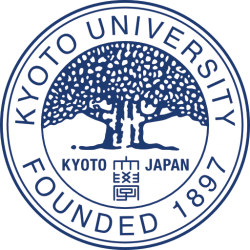Teacher: Kjell ERICSON
Course Code: JK40002
This seminar introduces students to issues related to the historical study of animals.
Animal history and the wider category of animal studies are areas of increased academic and popular interest, yet both encompass a wide range of approaches. In this course, we will examine persistent historical problems: defining (human and non-human) animals, living alongside them, working with them, fighting against them, memorializing them, and eating them. The course will make use of the explosive growth in English-language studies of
animals in and around the Japanese archipelago. In so doing, it will allow students to consider how humananimal relationships have changed alongside political, cultural, and economic developments in Japan, East Asia, and the Pacific Ocean world.
Classes will include discussion of books, articles, and films. The final project asks students to research the regional and transnational histories of institutions, spaces, and practices related to animals in the Kyoto area.
Course Information
Module: Research and Advanced Studies
CATS Requirements: BA 3rd. year or above
Day/Period: Thu 3
Location: Sem. Room 2
Credits: 2
Course Goals
After this course, students should:
- better understand the methods, problems, and assumptions of animal history
- undertake individual field and archival research
- communicate ideas during in-class discussion and through written reports
Course Schedule and Evaluation
For a detailed course schedule, please visit KULASIS.
Attendance, participation, reading responses, and presentations in class (30%), short book analyses (30%), and final research project and project presentation (40%).
To JDTS/MATS students: This is course can be taken as either reduced (4 ECTS) or full seminar (8 ECTS). Please indicate your ECTS requirement to the teacher.


